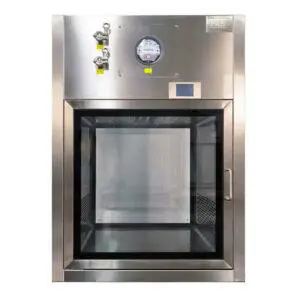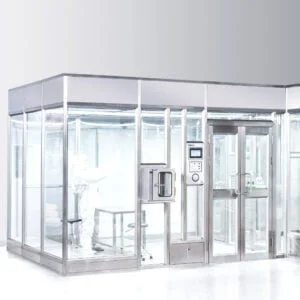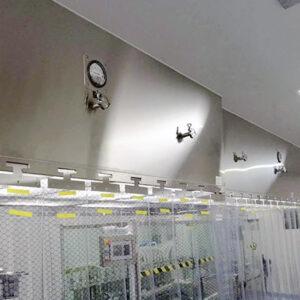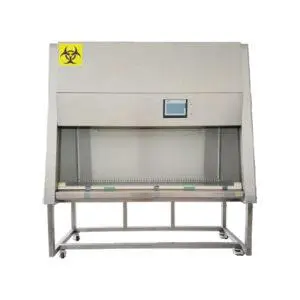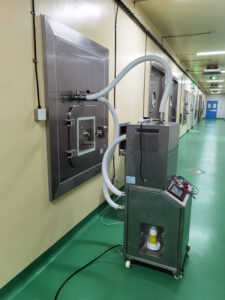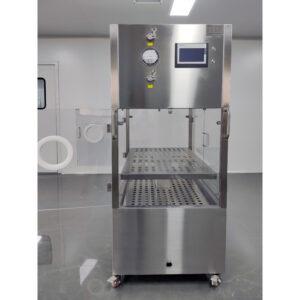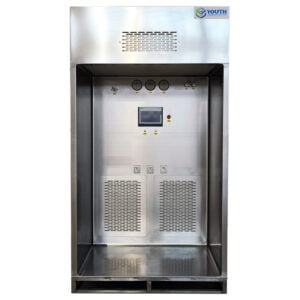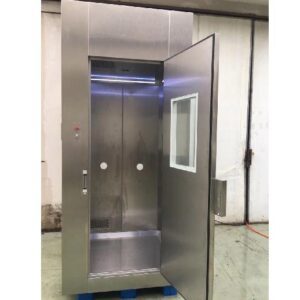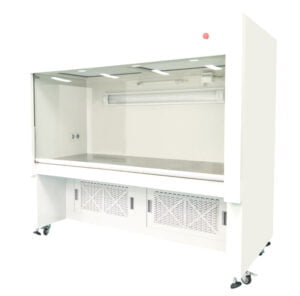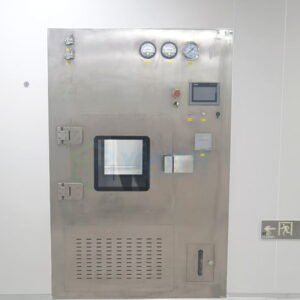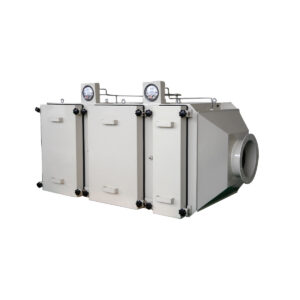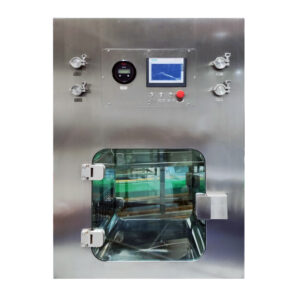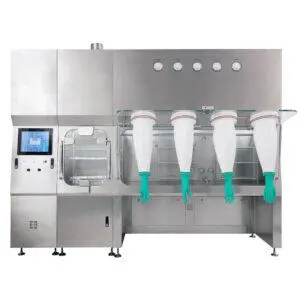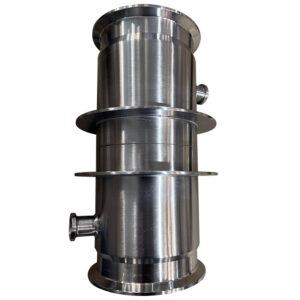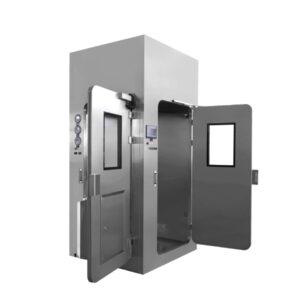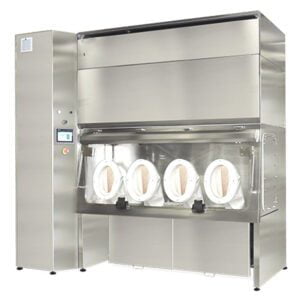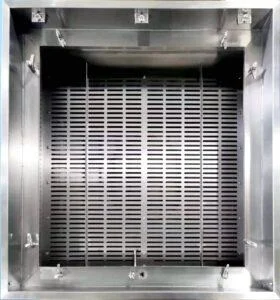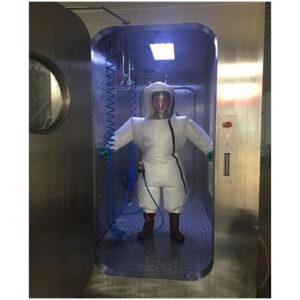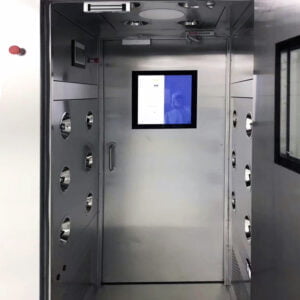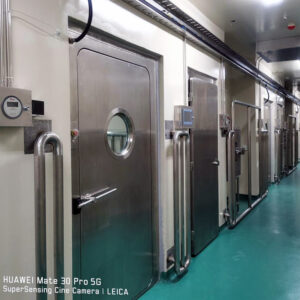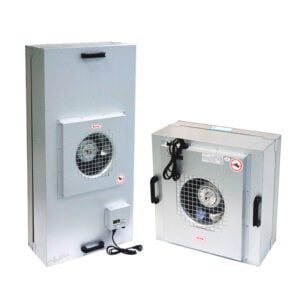The Bag-In-Bag-Out (BIBO) technique is an essential component of maintaining contamination control in various high-risk industries. Regulatory compliance plays a significant role in the implementation of BIBO filter housing, ensuring that they meet the necessary safety standards. This article aims to unpack the key regulatory considerations and how they intersect with BIBO usage, offering actionable insights for organizations.
Navigating the Regulatory Landscape
Understanding the complexities of regulation that pertain to BIBO systems is crucial for organizations aiming to avoid penalties and maintain operational integrity.
- Occupational Safety Standards: Familiarize yourself with OSHA standards or equivalent organizations globally, which outline requirements for controlling exposure to biological and chemical hazards in the workplace.
- Air Quality Standards: HEPA and ULPA filters used in BIBO systems must conform to certain air quality standards, such as those specified by the U.S. DOE or ISO standards.
- Hazardous Waste Disposal: Compliance involves adhering to environmental regulations concerning the disposal of contaminated filters, which could be classified as hazardous waste.
- Emissions Standards: Ensure that BIBO systems adhere to emissions standards that govern the release of pollutants into the environment.
- Pharmaceuticals: For pharmaceutical manufacturing, alignment with Good Manufacturing Practices (GMP) is crucial, affecting how BIBO systems are operated and maintained.
- Healthcare: In healthcare settings, guidelines such as those provided by the Centers for Disease Control and Prevention (CDC) must be considered, especially when dealing with infectious diseases.
- Proactive Incorporation: When designing or upgrading air handling systems, incorporate BIBO systems in a way that meets or exceeds existing regulations.
- Certification and Validation: Use BIBO systems that come with certification of compliance from recognized bodies and have been validated for expected performance metrics.
- Documentation and Record-Keeping: Maintain precise records of all BIBO operations, including filter changes, maintenance, and disposal of hazardous materials.
- Auditing and Monitoring: Regularly audit BIBO procedures and systems to ensure ongoing adherence to the latest regulations.
- Compliance Training: Institute thorough staff training programs that emphasize the importance of regulatory compliance during BIBO operations.
- Standard Operating Procedures (SOPs): Develop SOPs that reflect regulatory requirements and ensure that they are updated as regulations evolve.
- Regulatory Updates: Stay informed about changes to relevant regulations and adjust BIBO procedures accordingly.
- Engagement with Regulatory Bodies: Engage with regulators to ensure your organization’s BIBO practices are aligned with their expectations.
Regulatory compliance is a dynamic and critical aspect of operating BIBO systems. Organizations are required to maintain a proactive stance, ensuring that their practices align with current health, safety, and environmental regulations. By prioritizing compliance, companies can not only avoid legal repercussions but also enhance their operational safety and integrity, thus protecting their workforce, the public, and the environment.
Related Contents:
- Bag-In/Bag-Out (BIBO) Systems: Operation and Maintenance Guide
- Streamlining Waste Disposal with Bag-In-Bag-Out Systems
- The Comprehensive Guide to Bag-in-Bag-Out (BIBO) HEPA Filter Replacement
- Understanding YOUTH’s Bag-In-Bag-Out (BIBO) Systems: Ensuring Safety and Clean Air
- The Ultimate Guide to YOUTH’s Bag-In-Bag-Out (BIBO) HEPA Filter Replacement
- Addressing FAQs About Bag-In-Bag-Out Filtration Systems
- Maximizing Safety with Bag-In-Bag-Out Filtration Systems
- The Ultimate Guide to YOUTH’s Bag-In-Bag-Out (BIBO) Systems: Ensuring Safety and Clean Air
- What to Expect During Bag-In-Bag-Out Filter Replacement





